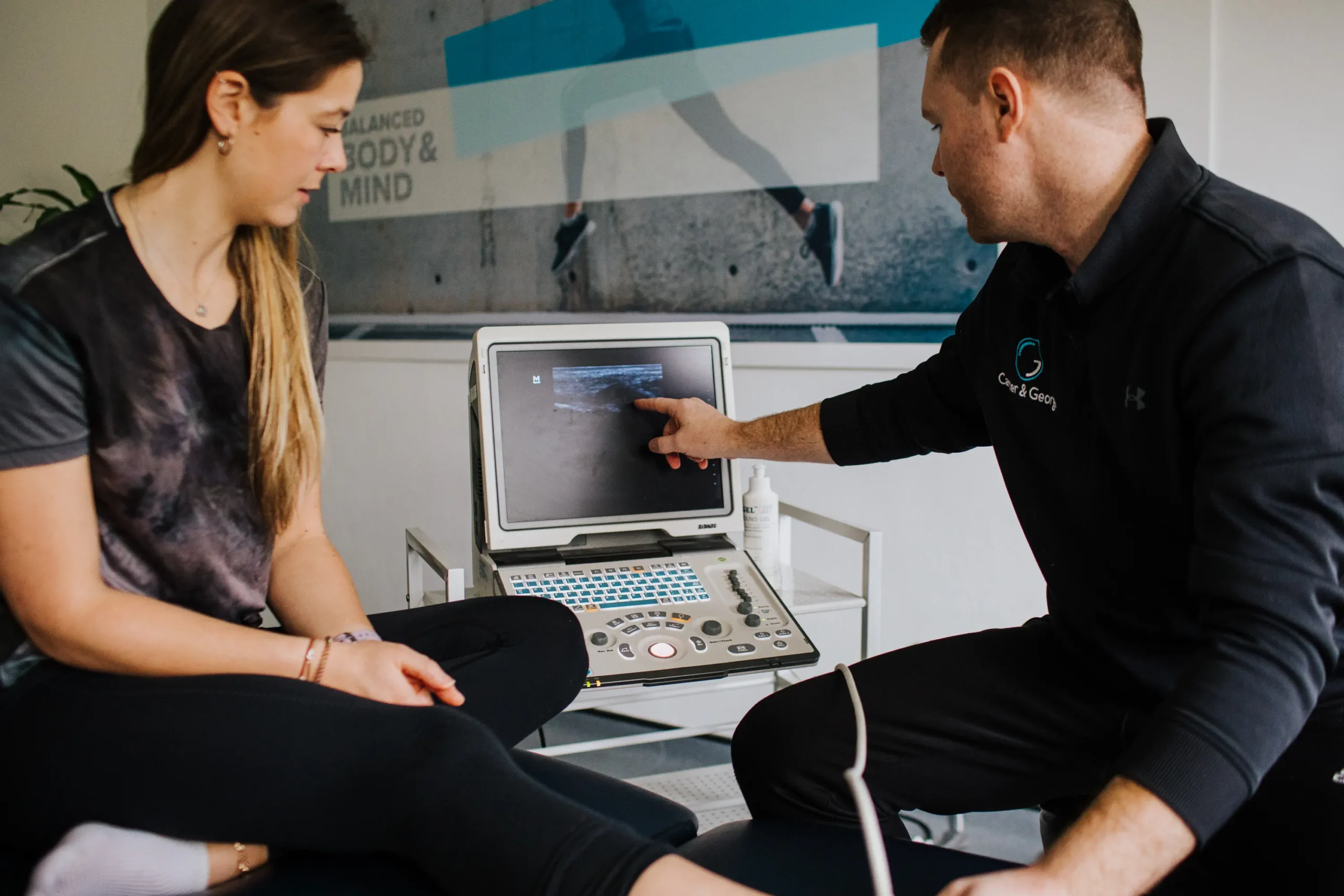Regular physical exams can help catch health issues early. When you attend these appointments, you gain a clearer understanding of your overall well-being. Healthcare professionals can also identify subtle signs that might otherwise go unnoticed. Here is how these exams offer useful insights and advice to help you live a healthier life:
What Happens During Exams?
Physical exams involve a combination of assessments, tests, and conversations tailored to the individual. These appointments typically begin with a review of personal and family medical history, allowing doctors to understand risk factors. Next comes a physical inspection, during which healthcare providers assess general indicators of health, such as weight, heart rate, and blood pressure.
- Measurements: Height and weight are recorded to track changes over time. Sudden variations could indicate underlying conditions.
- Vitals: Heart rate, oxygen levels, and blood pressure are checked to detect early warning signs of cardiovascular concerns.
By combining these measures, doctors gather valuable insights to identify potential risks.
Why Are Symptoms Screened?
Many health problems develop silently, meaning they show no obvious symptoms but can still cause serious long-term health issues if not detected early. For example, conditions like hypertension and diabetes may have no noticeable signs but can significantly impact health over time. During check-ups, healthcare providers perform screenings to find these hidden problems. Depending on factors such as age, lifestyle, and genetics, doctors may recommend tests like blood panels or cholesterol checks.
Screenings are very effective in catching health issues early, when they are easier to treat. Blood tests can show markers for diabetes or high cholesterol. Cancer screenings, such as mammograms or colonoscopies, can detect abnormal growths or changes. Bone density tests help identify osteoporosis. Each of these tests provides helpful clues that help doctors develop proactive treatment plans or suggest lifestyle changes to improve health.
Which Conditions Are Monitored?
A physical exam is a useful safeguard for monitoring both chronic and rare conditions. It helps healthcare providers detect early signs of health issues, including:
- Heart problems: High blood pressure or irregular heartbeats can lead to serious complications like strokes.
- Metabolic issues: Hormonal imbalances or thyroid problems may show subtle symptoms that can be missed without proper testing.
- Early-stage cancers: Recognizing warning signs early makes treatment easier and less invasive.
Bodily changes such as sudden weight loss or unexplained fatigue can signal underlying health concerns, prompting further investigation. Catching these signals early may reduce the risk of serious complications later on.
Does It Help Long-term?
Prevention is key to long-term wellness. Regular physical exams help promote a healthier outlook by encouraging proactive health habits between visits. During these exams, doctors identify patterns or trends that lead to personalized recommendations. These might include changes to exercise routines, diet, or stress management techniques, which can benefit both mental and physical health. Physical exams also provide a chance to update vaccinations, review medications, and address any concerns the patient may have.
Why Is Follow-up Key?
The value of a physical exam goes beyond the first appointment. Follow-up visits are important because they show whether the recommendations are working. For example, if a cholesterol test shows high levels, future discussions can help patients find effective ways to improve. Regular check-ins also keep track of progress and allow adjustments to plans if necessary.
Get a Physical Exam Today
A physical exam presents an opportunity to take control of your health. Taking small, proactive steps today could save years of worry later. Regular evaluations not only detect underlying issues but also refine the steps leading to better health. By prioritizing checkups, individuals empower themselves with knowledge, creating avenues for growth, improvement, and health. Make your health a priority and schedule that next appointment.
- Choosing the Right Plastic Surgeon for Your Cosmetic Procedure
- Understanding Different Types of Laser Treatments for Skin Rejuvenation
- Why a Family Dentist is Key for Maintaining Oral Health
- The Benefits of Regular Visits to a Wellness Spa
- Exploring the Emotional and Psychological Triggers of Eating Disorders


Leave a Reply